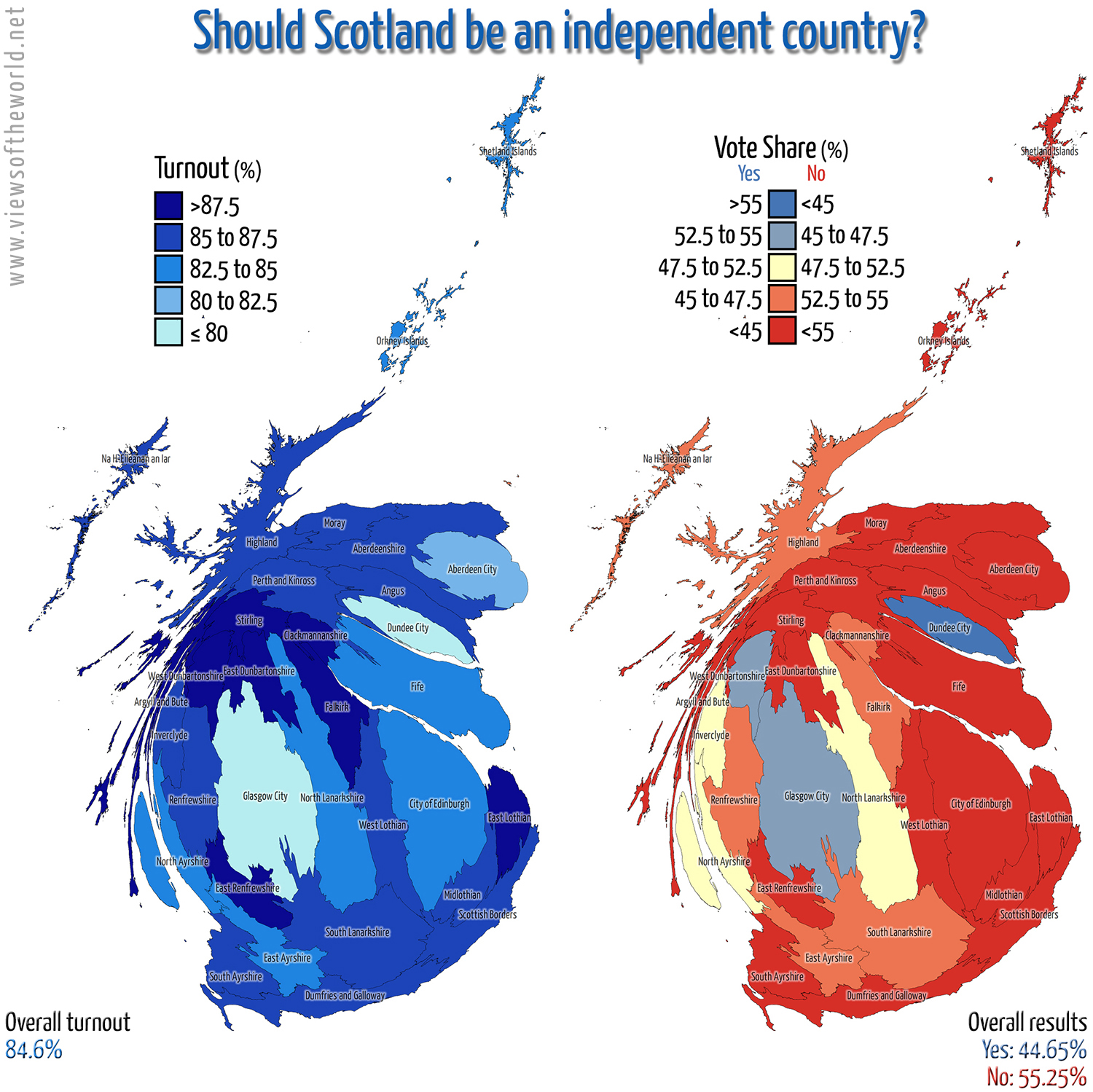I STAYED awake all-night last Thursday, watching the returns of the Scottish Referendum. It attracted worldwide interest because what was on the line was the 300-year old union that is the United Kingdom.
It is true that for the two years leading to the referendum, most polls had predicted that the NO votes would prevail. But in the two weeks before the vote, a SUNDAY TIMES poll in London had put the YES vote ahead, for the first time. And alarm bells were pressed within the political circles of the United Kingdom. The SUNDAY TIMES is owned by Rupert Murdoch, the rightwing media mogul, who has an axe to grind with the British establishment in London.
He had openly supported the YES vote for Scottish Independence. The final days led to the most feverish political maneuver as both sides made a desperate effort to woo those who had not committed one way or the other.
The Scottish Referendum caught the imagination of the world, because the outcome, especially if the YES vote had prevailed, would have had far-reaching consequences for many countries around the world. A YES victory would have strengthened secessionist forces around the world. In Nigeria, the open and closet secessionists would have become emboldened and there was no gainsaying the fact that they would have stepped up their agitation into the future, presenting such Scottish outcome as a vindication of their platform.
It was the same attitude that was ratcheted up, when South Sudan broke from a united Republic of Sudan, until the tragic civil war, premised upon the vicious ethnic rivalries and leadership irresponsibility, gave them the pause around the continent.
I was very delighted that the NO votes prevailed in Scotland, just as I was happy that there would be newer constitutional tinkering to devolve greater autonomy within the United Kingdom. Similarly, the fact that the issue was resolved democratically, spoke for the deepening of democracy around the world, but in Nigeria in particular. A united United Kingdom speaks for unity in our country, badly governed now, but with incredible possibilities for liberation and development, into the future.


